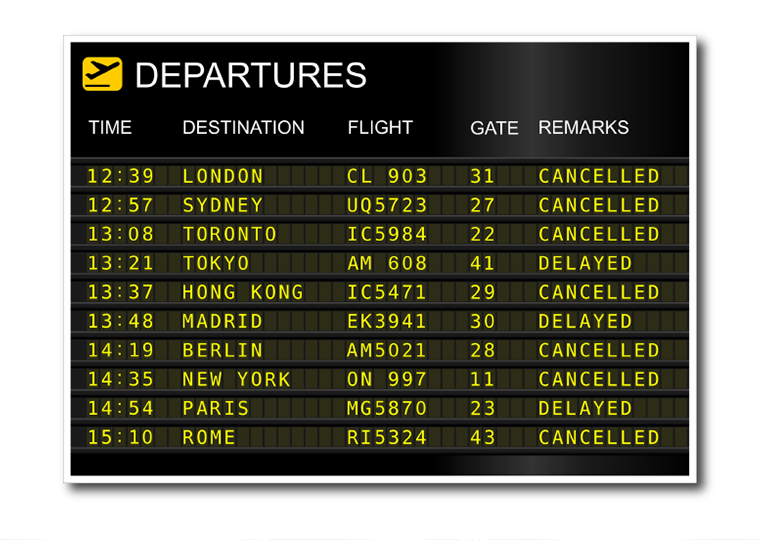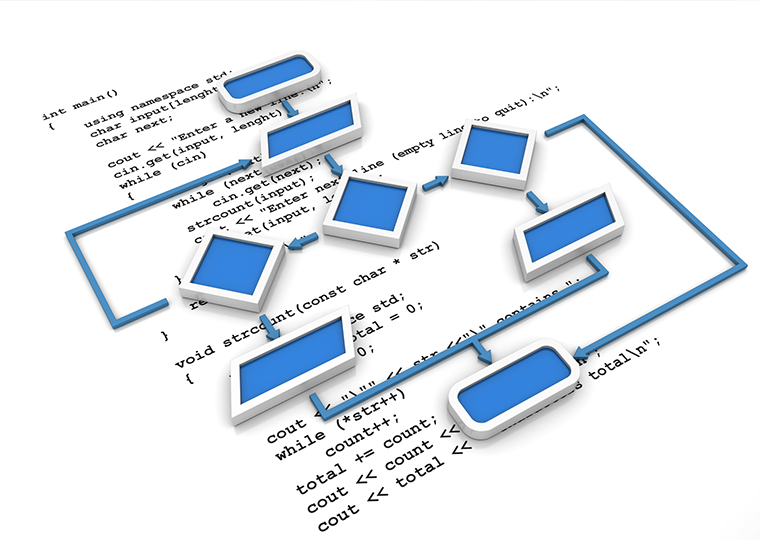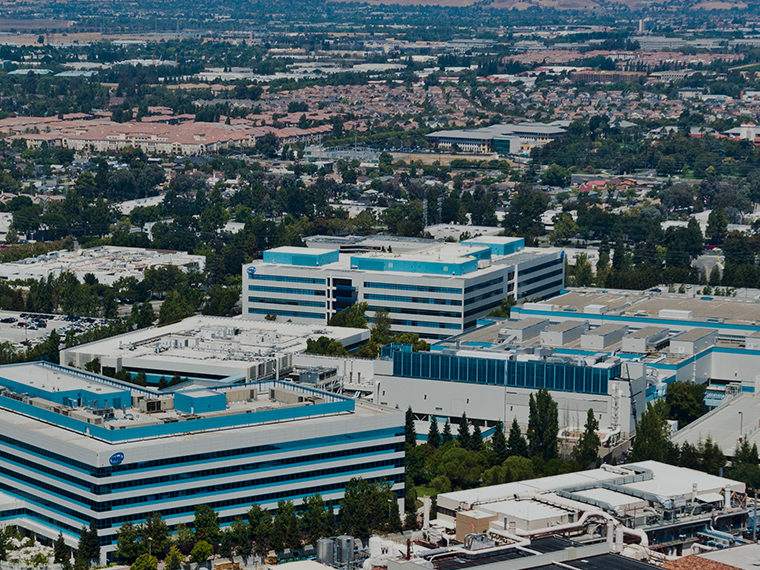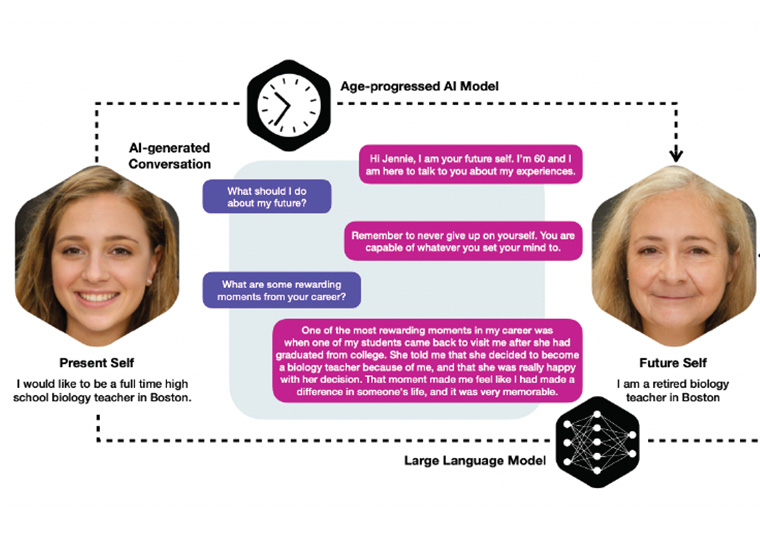Software that saves time and money may paradoxically be resulting in a shortage of accountants
Most of the supply chain shortages from the pandemic era have eased, but the shortage of accountants is still very real. There are 340,000 fewer accountants than five years ago, according to a Bloomberg analysis of data from the Bureau of Labor Statistics, leaving the U.S. with only 1.6 million. And the talent pipeline is drying up. The number of candidates taking the CPA exam is the lowest since 2006.
Businesses large and small are feeling the effects. Publicly traded companies lament in their financial statements an inability to find enough certified accountants, which may contribute to high-profile errors in regulatory filings. And the remaining accountants are increasingly working grueling hours and burning out, creating a vicious cycle in which a shortage of accountants is leading to even fewer accountants.
The accounting field has been trying to figure out how to reverse the trend. The CPA Journal, an industry trade publication, identified several possible factors behind the shortage. Some of these, like the perception that accounting is boring or the fact that the field has lower starting salaries than finance or tech, are potentially part of the problem but also nothing new. Other hurdles, like the rising cost of the extra year of school to acquire the 150 credit hours required for a CPA, may indeed be part of the problem, too.
Proposed solutions range from trying to make accounting cooler, raising starting salaries, dropping the 150 credit-hours rule and modifying the CPA exam.
But a working paper suggests the underlying dynamics of the accountant shortage are more nuanced than ancient stereotypes. It suggests the declining number of accountants may also be due, somewhat paradoxically, to falling demand for accounting services. As corporations and individual tax preparers increasingly turn to automated software to perform tasks formerly handled by entry-level accountants, demand for accountants has declined. By steering toward closely related majors like finance, students are possibly making rational decisions to avoid an industry that is perceived to be easily replaceable by software.
These findings fit within a broader literature on the complicated effects new technology has on employment. Particularly with the resurfaced angst over artificial intelligence, the story of the accounting profession over the last five years provides a glimpse of how the market responds to labor-saving innovations. Rather than being a simplistic story of people being put out of jobs — and, it would seem, producing a glut of accountants — in some cases the dynamic can be a good deal more complicated than that and actually result in a shortage of workers.
Supply and Demand
In the working paper, UCLA Anderson’s Henry Friedman, MIT’s Andrew Sutherland and University of Mannheim’s Felix Vetter compared student major choices in undergraduate business schools with entry-level wages in related fields and firm-level investment in software. Specifically, the researchers used American Community Survey data for college majors from 2009 — when the Census Bureau began collecting data on majors — to 2019 and Bureau of Economic Analysis data on industry investment in software, as a proxy for a sector’s overall technological resources.
The results indicate that the number of accounting majors grew far slower as software investment increased. This was not the case with finance majors, for whom more technological investment was associated with faster growth than other business majors. One possible explanation is that tax preparation software like TurboTax and accounting software like QuickBooks became ubiquitous during this time. Even undergraduate students would be keenly aware that technology was significantly disrupting the accounting profession and reducing the demand for workers.
This dynamic plays out in the wage data as well. The researchers found software investment had little effect on business major wages overall, but finance major wages significantly expanded whereas accounting major wages lagged behind. Essentially, investment in software was more likely to displace spending on accountants than those with other business majors.
Replacing or Augmenting Work?
In the case of accountants, the researchers argue that, at first, demand for accounting labor declined as software made accountants redundant. Students who may have been considering accounting majors switched to related majors such as finance in numbers large enough to contribute to the current shortage. But the shortage has not led to wage gains, as might be expected whenever supply falls short of demand. Software has continued to improve, and employers in need of accounting work have become less willing to raise wages due to the perception that entry-level accountants’ technical work could be addressed by investments in IT. Rather than raising starting salaries to encourage students to major in accounting and become accountants, the industry in effect responded that it would prefer to continue relying on technology instead of paying better wages. This, in turn, continues to send a negative signal to students about the accounting profession’s prospects.
The longer the shortage goes on, the broader the effects at higher levels of the accounting profession. Critically, many accountants work with software in a way that augments their work instead of replacing it. But the talent pipeline is drying up, and there are fewer experienced accountants to do strategic thinking and other high-level tasks that cannot be done by software. Additionally, artificial intelligence is advancing in its ability to take on tasks historically performed by skilled managers trained in accounting. This can allow senior managers to leverage their expertise but can further squeeze the pipeline.
The researchers’ findings suggest that some industry moves to address the shortage may be misguided. For example, trying to change the image of the profession may backfire, particularly if it attracts people ill-suited to the profession who expect something different than what it actually is and thus don’t last long. Similarly, calls to raise wages may be misguided if they do not address the underlying issue that firms view technology as a more efficient solution than labor for many accounting tasks.
Other efforts may prove helpful, such as modifying the CPA exam and curricula to be more technologically focused. Even so, the researchers warn that the number of accounting majors may continue to decline unless there are fundamental changes in the way accountants are educated and trained so their profession becomes less about applying rules and performing routine tasks, and more about working in tandem with technology to provide value to employers and clients.
Featured Faculty
-
Henry L. Friedman
Associate Professor of Accounting
About the Research
Friedman, H., Sutherland, A., & Vetter, F. (2024). Technological Investment and Accounting: A Demand-Side Perspective on Accounting Enrollment Declines. Available at SSRN 4707807.






